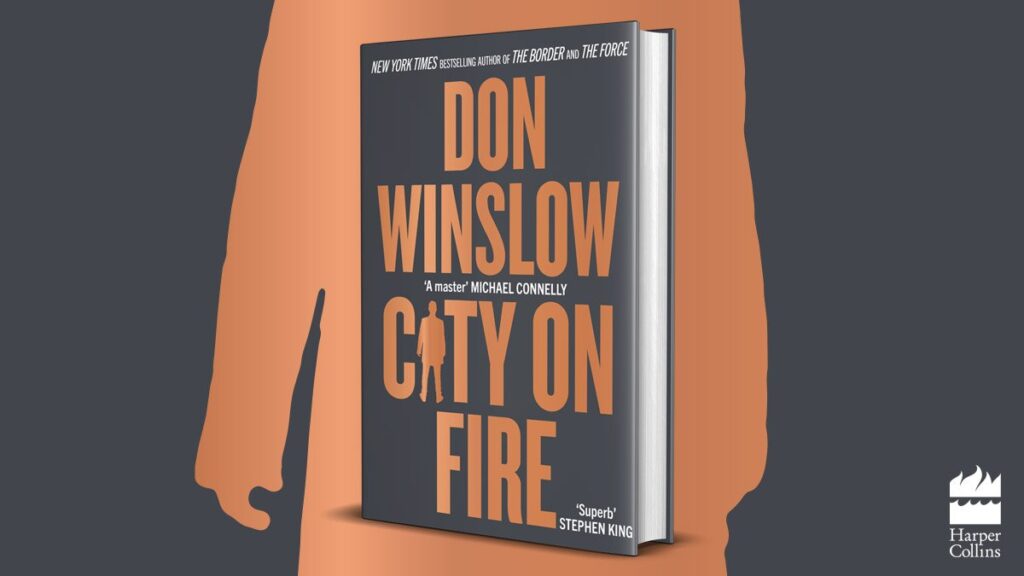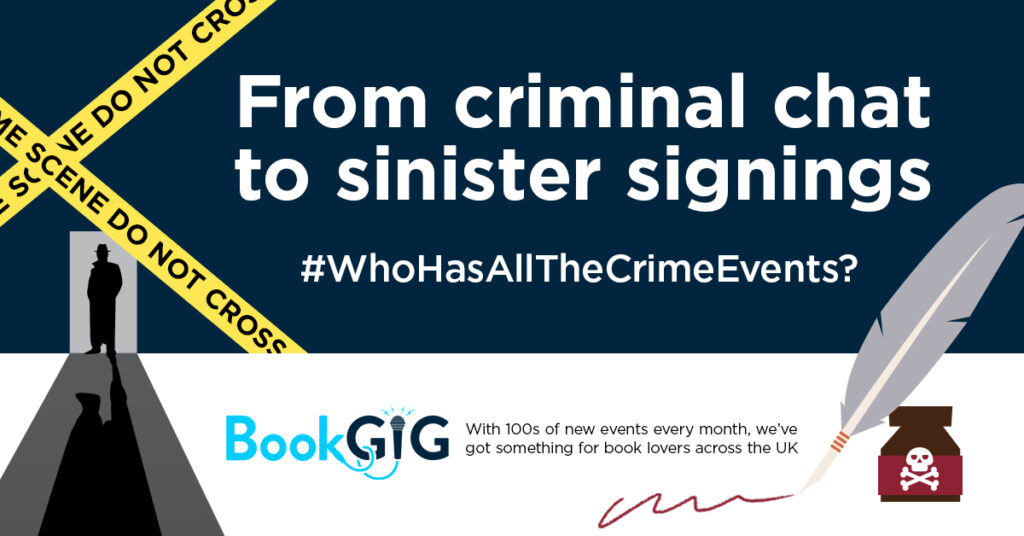KillerReads grilled Gold Dagger Award winner Robert Wilson about the end of his much acclaimed Javier Falcon series and where his writing goes from here.
KillerReads: The Ignorance of Blood is the final of your four Javier Falcón novels. When you began writing The Blind Man of Seville did you intend to write a series?
Robert Wilson: I knew I was going to write four novels because that was what I needed to make a study of Javier Falcón and Seville and to give an introduction to Spanish modern history. The design of The Blind Man of Seville was to not only introduce the main characters but to confront all the stereotypes of Seville, with its Semana Santa processions, its Feria de Abril, the bullfights and the bars, the happy people clapping in narrow streets within the city walls. This is the Seville that anybody who has been there knows and, while it has the feeling of tourist gloss, it is very real to its citizens, many of whom live for these annual events. But it is not where and how most of them live.
I also wanted to show how recent history has shaped Spain: its links with North Africa, the brutality of the Civil War, the suffocation of the Franco regime, their action in WW2 (which few people know about) and the psychological effects of all that on its people. And this is where the ‘appearance and reality’ theme that runs through all the books came from. Spain is a country with an extraordinarily energetic and animated people, but its population has never truly confronted the horrors of its past history. On numerous occasions there have been attempts to disinter bodies from mass graves from killings in the Civil War and every time they get suppressed by people from both left and right of the political spectrum. As anybody who knows the first thing about psychology will tell you: to ignore past traumas can have grave consequences later. And this is the fundamental idea that runs through all four books.
The Silent and the Damned looks at this inability to confront the past through the eyes of a number of families who live in the same upper class neighbourhood on the outskirts of Seville. The Hidden Assassins shows how a whole city, in the aftermath of a terrorist attack, wants to believe the interpretation of the obvious evidence: that this is the work of Islamist extremists. Only Falcón, amidst phenomenal media pressure, is determined to keep an open mind even if it starts pointing to uncomfortable truths. The Ignorance of Blood is in some ways a sequel to The Hidden Assassins in that there are plenty of unanswered questions surrounding the Seville bomb, which Falcón has promised to the people of Seville that he will answer. But the book also ties up a lot of the loose ends from the series as a whole. This time the reader is asked to look at the necessity for deception for the benefit of others.
KR: How has Inspector Jefe Javier Falcón’s character developed over the course of the quartet?
RW: This was the main reason for writing the books. Contrary to what people might think I did not have any idea how the stories would develop in any of the four novels. I had no complex wall chart of the sort Javier is constantly referring to throughout his investigations. I did, however, have a very firm idea how Javier’s psychological state would change. And that was a very important element in the books: Falcón, the hero, should change. I know this is not a popular idea in crime fiction. Most readers want to be in the safe hands of a hero they can rely on to be same. I wanted to develop a character who had the capacity to evolve into an even more interesting person.
Javier Falcón has a past that he believes he knows, and yet there is something in it that he cannot bear to confront. In The Blind Man of Seville, with Javier’s investigation into that first terrible murder, that ‘hidden’ knowledge starts rising to the surface with the capacity to destroy him.
By the end of The Blind Man Javier is broken. His entire past has been rucked up and revealed to be a sham. All the normal things in life (such as family) that tether mortals to the world have been cut. The Silent and the Damned sets about repairing the broken man. This is done, in typical Spanish style, by talking, not just to his clinical psychologist in therapy sessions but to all the characters he meets. This not only repairs his busted psyche by giving him a sense of community but also improves his abilities as a detective. He also makes an attempt to restart his love life with the prime suspect from The Blind Man, Consuelo Jiménez. She unfortunately has her own problems which prevents them from finding what they’re looking for at this point.
The Hidden Assassins takes place four years later and sees Javier as a man who is professionally at the top of his game. He commands his homicide squad with both humanity and authority. His powers of perception are perhaps at their zenith. However there is still the colossal gap in his emotional life which, we realise from earlier stories, has been left by the responsibility he feels for his mother’s death. No amount of empathy can fill this terrible hole and while his work binds him to his community he still feels the outsider.
The Ignorance of Blood effects the full repair but it comes at a price. I wanted Consuelo and Javier to come together but in a way that would force them to reveal themselves to each other. So I had to find a unique, but extremely painful way, of pulling it off. It means that moral boundaries have to be crossed at a real cost to Falcón’s professional integrity, but because he has made such extraordinary progress over the four novels his moral centre remains intact. And it is this which I think is one of the most important things about Javier Falcón (something his psychologist recognises from the very beginning) that, even when we see Falcón at his lowest ebb, we still believe that he is a good man.
More tomorrow….


